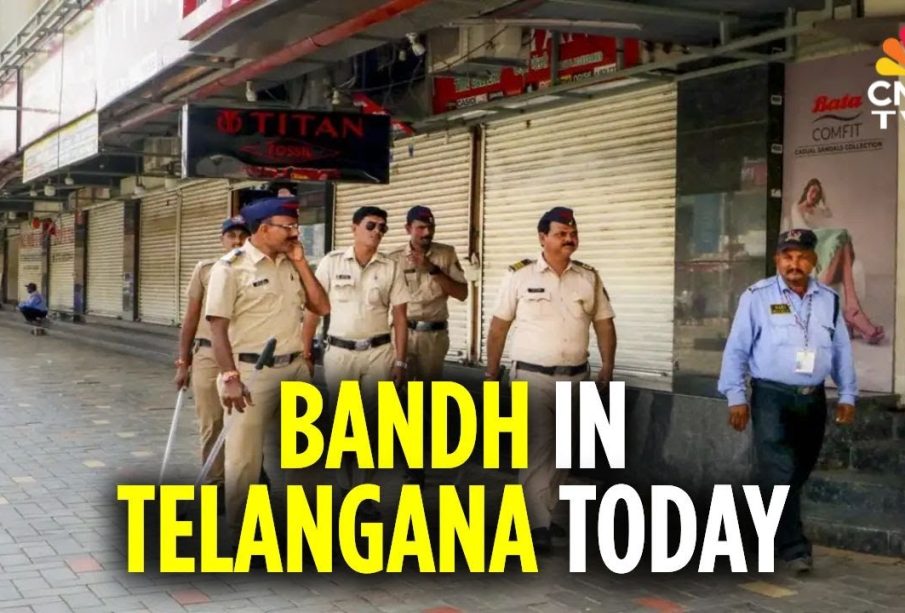Telangana Bandh: Understanding Its Significance and Impact

Introduction
The Telangana Bandh has emerged as a significant event in the political landscape of India, drawing attention to various socio-economic issues. Such statewide strikes, aimed at protesting against governmental decisions, hold the power to impact daily life, economy, and public sentiment. The recent Telangana Bandh, called by various political and social groups, underscores the importance of understanding the underlying reasons and consequences.
Details of the Bandh
On October 18, 2023, Telangana witnessed a complete shutdown as multiple organizations rallied for a Bandh to protest against the government’s proposed reforms in the agriculture sector, including the controversial bill on land acquisition. Activists argue that these changes threaten the livelihoods of farmers and could lead to further exploitation of agricultural land.
The bandh saw widespread participation from various sectors, including trade unions, student organizations, and farmer collectives, with many members demonstrating in the streets, holding placards, and voicing their concerns. Major cities, including Hyderabad, faced significant disruptions in public transport, schools, and marketplaces, as both public and private entities complied with the bandh call.
Current Developments
Local authorities were deployed across the state to manage protests and ensure public safety. While some protesters engaged in peaceful demonstrations, there were reports of isolated incidents of violence and clashes with law enforcement. In response, the government urged the public to remain calm and reiterated its commitment to addressing the genuine concerns of farmers.
Officials commented that dialogues would be initiated with representatives from agricultural communities to discuss their concerns. Further, the impact on the economy is under close scrutiny, as closures of businesses and markets are expected to create short-term economic slowdowns in affected areas.
Conclusion
The Telangana Bandh is a powerful reminder of the vocal role citizens play in the democratic process. As discussions between the government and protesters take shape, the outcomes may define policies affecting the agricultural sector for years to come. For citizens and stakeholders, remaining informed about the developments will be crucial, as the underlying issues extend beyond a single protest—signifying a growing need to address agricultural reforms effectively. The effectiveness of these dialogues can potentially lead to a shift in policy that aligns with the interests of the agricultural community and aids in sustainable development for Telangana’s economy.









